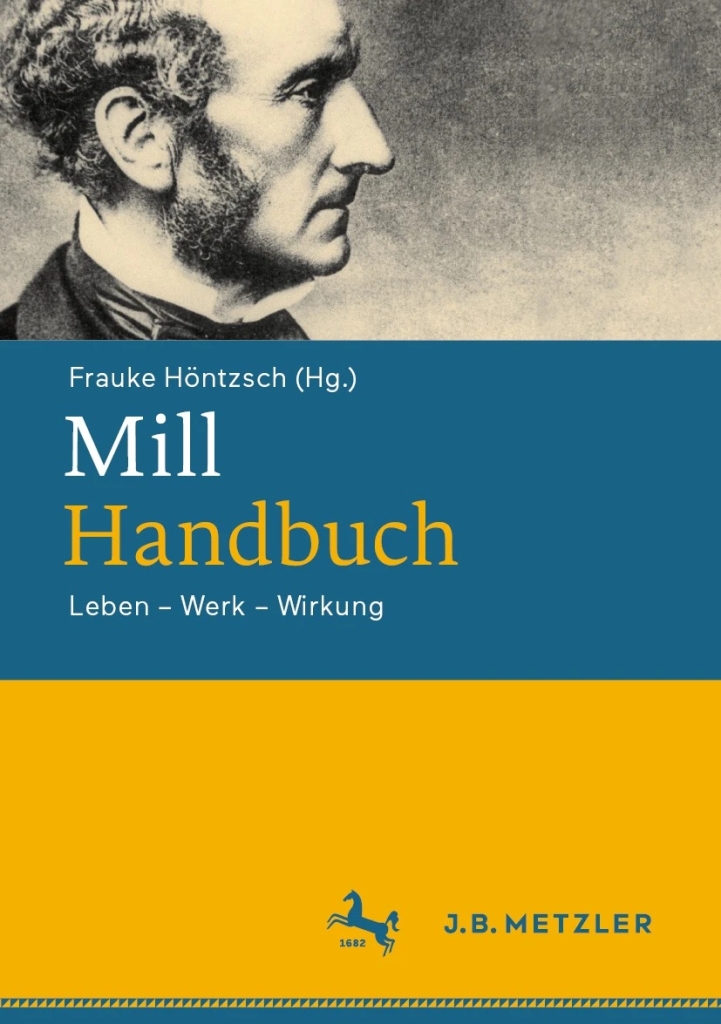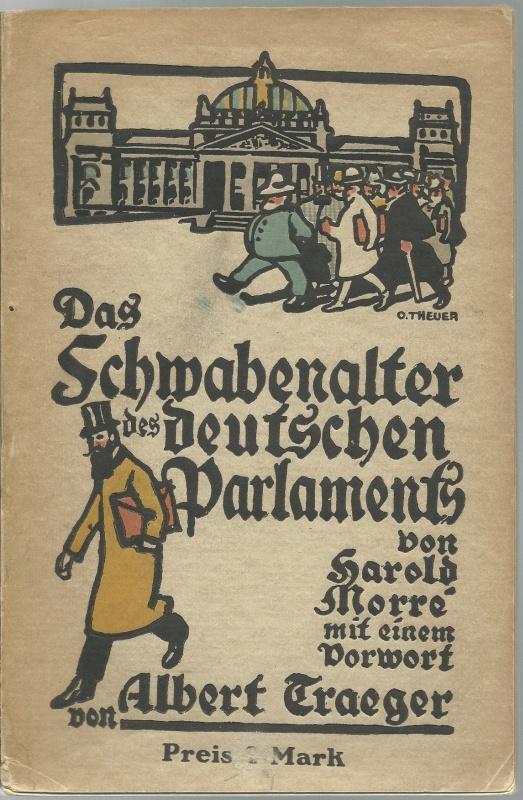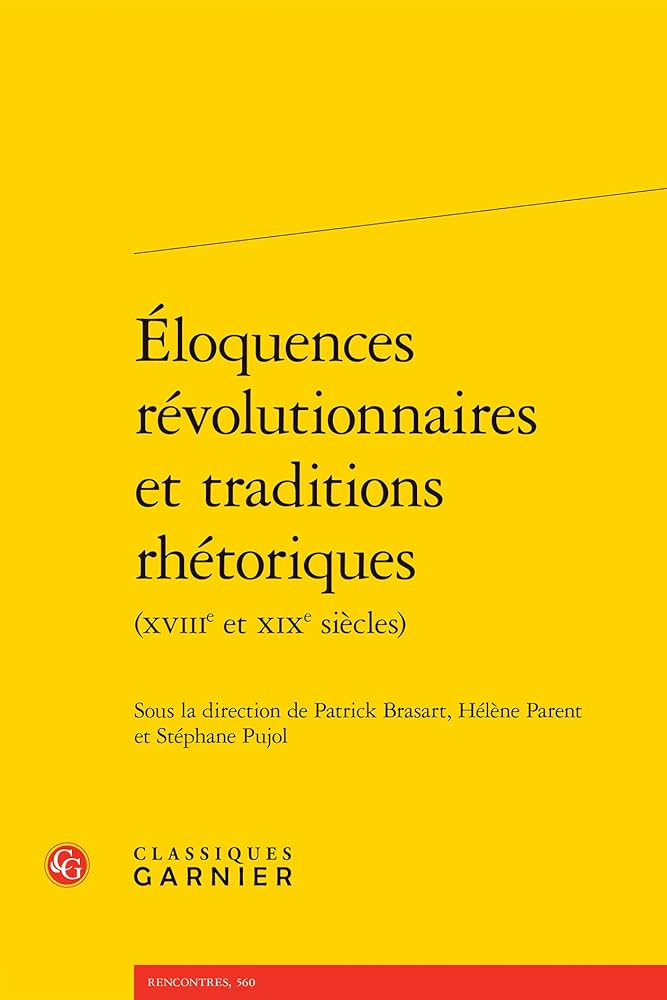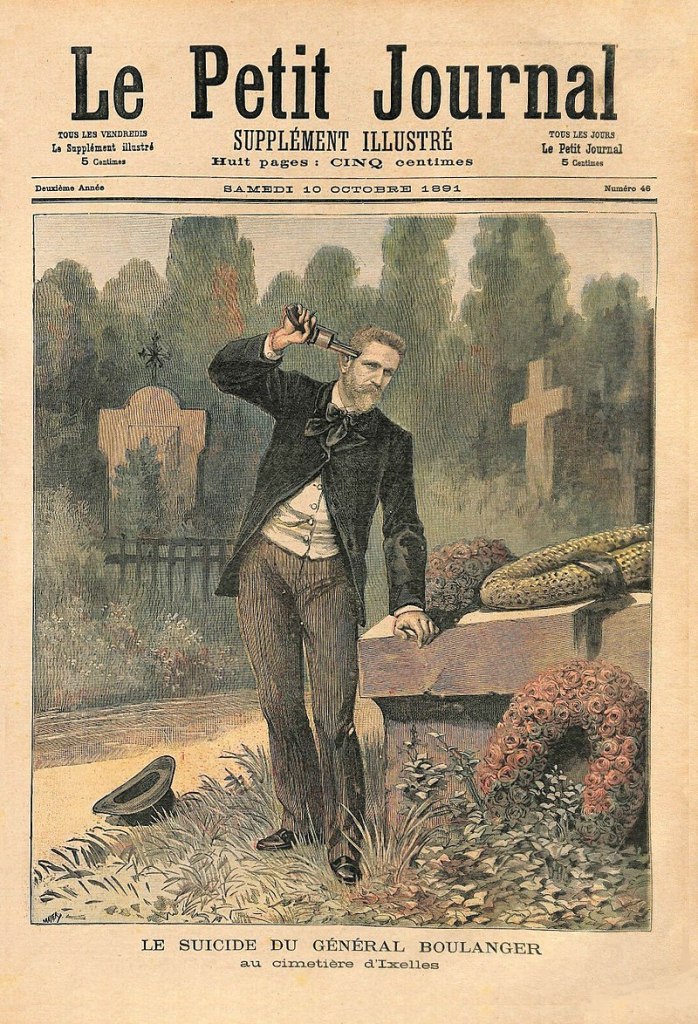After a remarkably smooth editing process, Popular Agency and Politicisation in Nineteenth-Century Europe: Beyond the Vote, has now been published in the Palgrave Studies in Political History series. Edited by Diego Palacios Cerezales (Madrid) and Oriol Lujàn (Barcelona), the volume encompasses contributions on a wide variety of political practices and spaces, opening new perspectives on the politicization processes that shaped nineteenth-century Europe.
Most chapters were first discussed in the Conference Beyond the Vote: New Perspectives on 19th Century Politicisation, held in Madrid/online in January 2021.
My own chapter, titled
Plebiscites on the Streets: The Politics of Public Acclamation in Early Nineteenth-Century Europe
addresses the dynamics of performative displays of enthusiasm and disdain in public confrontations between rulers and ruled.
While acclamations remain a familiar phenomenon today, they tend to be understood as an atmospheric, rather than a functional, element of political life. In consequence, the historical variability of their practice and impact remains understudied. Building on a survey of current research, this contribution addresses the forms, functions and situations of acclamation in Europe during the Age of Revolutions.
Focusing on the tensions between the practice’s symbolic holism – suggesting a direct expression of the communities’ undivided will – and its underlying complexities as a mode of collective action, it argues that acclamations gained a historically unique impact during the (post-)revolutionary period. While other opportunities for political articulation and participation remained sharply constrained, these public vocalizations presented one of the very few available modes of regular political engagement. At the same time, public interactions between rulers and ‘the people’ gained new performative significance against the background of experiences of political upheaval and regime change.
A consideration of a wide range of case studies from across the continent shows how practices of acclamation and their reception became part of a transnationally entangled contestation of political legitimacy, constituting an ephemeral, but momentous mode of popular politics.
Many thanks to the editors for their hard work in getting this excellent volume together.
Read Full Post »








